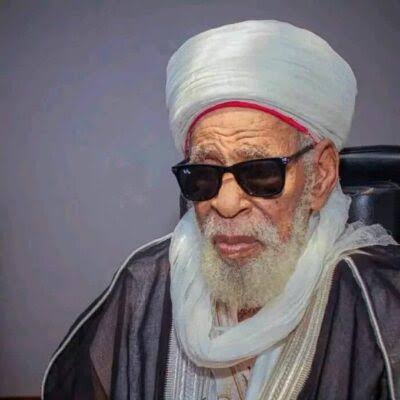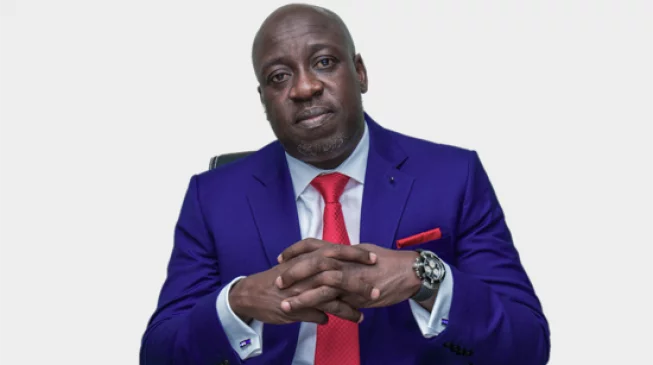Power, grief, and womanhood collide in Mother of the Brides


In Mother of the Brides, a new original drama series, tradition is both law and weapon. The story unfolds within a family, the Sylvia-Whites, who have spent generations navigating the delicate balance between power and propriety. When Erasmus (Kalu Ikeagwu), the patriarch, dies without a will, his widow, Mai Sisi (Gloria Anozie-Young), is forced into a fight that is as ancient as it is cruel: a fight for the right to simply exist within her husband’s legacy.
Mai Sisi is the kind of woman the world both fears and forgives. Once the daughter of a maid, she climbed into respectability through sheer will and performance. Every part of her life is curated for survival. She is a matriarch, yes, but also a performer trapped by the very customs she seeks to outsmart. Her strength, though fierce, is fragile. It is held together by fear, pride, and the relentless need to prove that she belongs in a world that continues to remind her of her unworthiness.
Around her, her daughters stumble through their own private wars. Ebiyara (Linda Ejiofor-Suleiman), the eldest, carries the burden of being her mother’s reflection while making mistakes of her own. The other daughters—Tare (Wendy Lawal), Nira (Uche Chika) and Dina (Blessing Oreva Uzero)—are caught between rebellion and dependence, each shaped by a home where love was measured in sacrifice.
Through these women, Mother of the Brides transforms from a family drama into a haunting study of inheritance and inequality. It is a portrait of how black tax and tradition continue to drain women of their dignity, rights, and sometimes their sanity. In Ibirim, as in many other places, when a man dies, the soil itself seems to turn against the women who tended it. Widows become guests in their own homes. Daughters become invisible. And the men who once stood at the margins step forward to claim what they never built.
But Mai Sisi refuses to be erased. Her defiance is often ruthless. She fights with the tools the world has given her. Yet it is this same fight that reveals her tragedy. In trying to conquer a broken system, she begins to mirror it. Her love for her children becomes transactional. Her pursuit of power becomes a mirror of the patriarchy she despises. The series asks, without judgement, whether survival within oppression can ever be innocent.
By the time the story begins to turn inward, Mother of the Brides has done something rare. It has shown women not as saints or victims but as humans trapped in the machinery of legacy. Mai Sisi’s undoing is not her lack of strength but her refusal to imagine a world beyond the performance of it. She fights for freedom but still craves the validation of the very tradition that denies her.
The post Power, grief, and womanhood collide in Mother of the Brides appeared first on Nigerian Entertainment Today.














